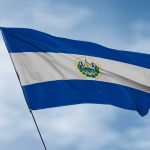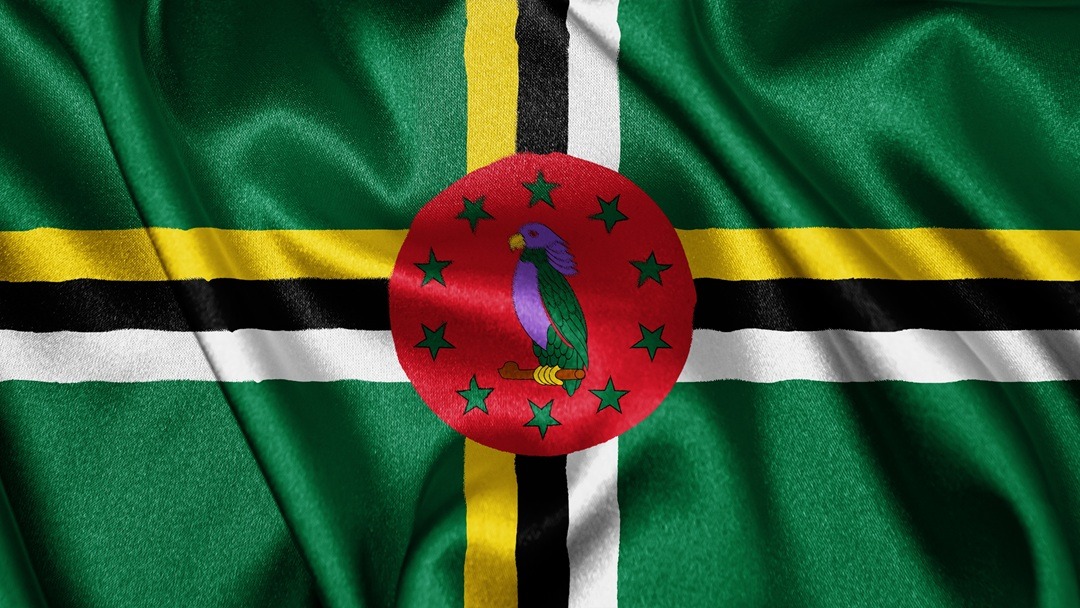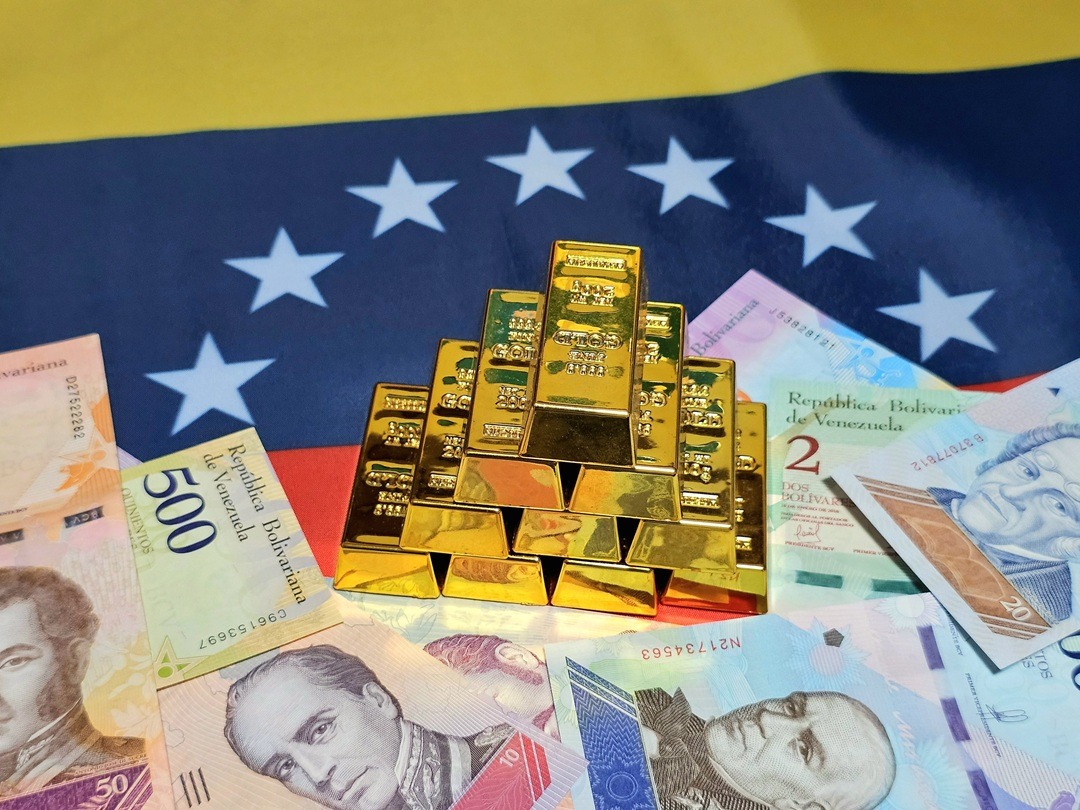Can You Legally Use Free Zone Offshore Banking in El Salvador?21 min read
Reading Time: 8 minutesWithin its designated free trade zones El Salvador operates multiple offshore banking facilities that handle international electronic banking transactions. The Kingdom Bank operates as a digital offshore bank with official licensing in El Salvador’s free zones.
The trend of offshore banking has grown rapidly in recent years because businesses are increasingly seeking to establish operations in international markets.
El Salvador provides offshore banking opportunities in its designated free trade zones.
The legal status of utilizing offshore banking within El Salvador’s free trade zones remains uncertain. This article analyzes El Salvador’s offshore banking sector and examines important questions about its legal status and regulatory framework.
Is Offshore Banking in El Salvador’s Free Zones Legal for Foreign Investors?
Foreign investors can legally operate offshore banks in El Salvador’s free trade zones. The Salvadoran government enacted specific laws that allow the creation of offshore banking centers for international clients inside the country’s free economic zones.
For legal and regulatory matters these zones function as offshore territories.
El Salvador’s Financial Services Unit has granted full authorization for The Kingdom Bank and other licensed offshore banks to serve international clients from their operations in free trade zones. Private banking services alongside corporate banking and crypto banking fall under the permitted offerings.
Offshore financial centers achieve legal status under El Salvadorian law when their banking activities occur through properly licensed institutions located within these free zones.
Businesses and investors from outside El Salvador have the legal right to establish offshore accounts in the nation’s designated free zones.
The country’s domestic legal system and tax regulations do not apply to these funds because they follow particular offshore banking rules instead. Legally established El Salvador free zone offshore accounts serve as a platform to attract legitimate foreign investments and businesses.
What Laws Govern Offshore Banking in El Salvador?
El Salvador’s Offshore Banking Act regulates offshore banking within the country’s free trade zones. The law established the structure for offshore financial activities to function in the specified free trade areas.
The legislation created El Salvador’s Financial Services Unit as the regulatory authority and placed it under the Ministry of Finance.
The Offshore Banking Act regulates the licensing process and supervisory oversight of offshore banking institutions such as The Kingdom Bank.
The Act defines permissible offshore financial services which consist of private banking, corporate banking, asset management, and payment services. The legislation specifies what offshore institutions need to comply with in terms of KYC/AML policies as well as transaction monitoring and financial disclosure requirements.
El Salvador established legal boundaries between domestic financial regulations and offshore banking activities through this law and the creation of specialized free zones.
Offshore banks operating in El Salvador enjoy tax exemptions and do not need to maintain any physical offices outside designated free trade zones.
The framework offers international offshore banking opportunities with stringent supervisory measures.
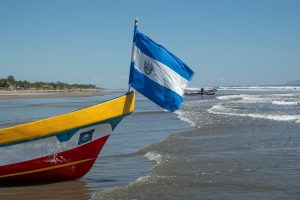
Can Businesses Legally Engage in Offshore Banking Within El Salvador’s Free Zones?
International businesses incorporated outside of El Salvador have the legal right to open offshore bank accounts in El Salvador’s free trade zones. Licensed institutions such as The Kingdom Bank provide offshore financial services to foreign corporations under the Offshore Banking Act which permits these companies to operate from El Salvador’s designated free zones.
International companies executing foreign operations and needing cross-border transactions can open offshore banking accounts at The Kingdom Bank to enhance their business operations. The offshore regulatory framework in El Salvador ensures that customer funds receive secure management and storage in accordance with international banking standards.
These offshore business accounts will not be subjected to any domestic taxation in El Salvador.
El Salvador’s commercial free zones offer registered foreign businesses multiple tax advantages and operational benefits when operating from these designated zone areas.
Offshore bank accounts through The Kingdom Bank enable legally operating foreign companies to obtain global payment services and financing solutions that support their operations within commercial free zones.
Free zone offshore banking delivers a compliant banking option for foreign corporations.
What are the Legal Benefits of Offshore Banking in El Salvador?
Using El Salvador free zone offshore banking centers provides businesses and investors with multiple critical legal advantages.
- Offshore accounts provide enhanced creditor protection because funds placed here bypass El Salvador’s domestic judicial system.
- Strict bank secrecy laws apply. Customer consent is required before sharing confidential financial information.
- El Salvador exempts offshore bank accounts from income tax, capital gains tax and other forms of taxation. International clients maintain the tax benefits from their countries of origin.
- Offshore banks enjoy regulatory freedom which allows them to offer cryptocurrency banking services and tax-advantaged investment vehicles that local regulations prohibit.
- Offshore accounts enable businesses to conduct cross-border payments and international trade while attracting foreign investments through streamlined operations.
- El Salvador delivers cost-effective offshore banking licenses with no obligation to maintain offices beyond free zone boundaries.
El Salvador establishes offshore financial centers by law to deliver significant advantages to international clients who benefit from increased foreign investment in its free zones.
With The Kingdom Bank’s proper licensing, institutions maintain full compliance in their operations.
How Does El Salvador Ensure Compliance in Offshore Banking Practices?
El Salvador promotes offshore financial services and stresses compliance to defend its offshore sector’s integrity.
Key measures taken include:
- The Financial Services Unit oversees licensed banks through prudential regulation and monitoring.
- The licensing process demands minimum capital requirements as well as strong policies for anti-money laundering and customer due diligence along with financial transparency standards.
- The offshore banking sector undergoes consistent on-site examinations and audits to ensure full regulatory compliance.
- The banking industry faces rigorous reporting requirements to provide authorities access to financial statements and customer transaction data.
- The authority exists to cancel licenses from institutions that do not meet standards while enforcing penalties and legal actions against severe violations.
- Banks need to join international anti-money laundering campaigns that adopt worldwide standards.
- Banks such as The Kingdom Bank must implement customer due diligence procedures to authenticate identities and observe all accounts for suspicious transactions.
Proper regulation and oversight from El Salvador allows foreign clients to trust that their funds remain secure when they use offshore banking centers.
El Salvador’s offshore sector continues to grow and maintain its reputation through compliance adherence.
El Salvador has developed an authorized offshore banking system operating inside its special free trade zones. The legal framework in place authorizes businesses like The Kingdom Bank to obtain licenses for operation and provide banking services.
Businesses that operate globally can take advantage of offshore banking solutions provided by licensed banks to access key benefits and bypass local taxation and regulations. El Salvador continually implements strong regulatory measures to oversee offshore banking activities while upholding strict compliance standards.
The Kingdom Bank can guide you through the process of legally opening an offshore account in El Salvador to benefit from free zone offshore banking advantages for your international operations.
What Documentation is Required for Legal Offshore Banking in El Salvador?
Opening an offshore bank account in El Salvador’s free trade zones requires you to submit certain basic documentation. To proceed with establishing a company in a free zone is your first requirement.
The process requires the submission of documents including articles of incorporation and bylaws along with details about company directors and shareholders.
After your company has been officially registered, you will have the ability to open an offshore banking account in El Salvador free zone.
The main documents required are:
- Every account signatory must provide their passport or an ID issued by the government.
- All account signatories must provide proof of address through documents such as utility bills or bank statements. for all signatories
- To register a new company in the free zone you need to submit a certificate of incorporation and certificate of good standing.
- Information about the origin of deposited funds
Additional KYC documents such as references and company profiles might be required by some banks.
Having all necessary documentation facilitates the opening an offshore account in El Salvador free zone process while ensuring regulatory compliance.
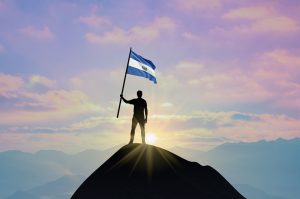
Are There Any Restrictions on Who Can Use Offshore Banking in El Salvador?
El Salvador maintains minimal eligibility restrictions for free zone offshore banking for business. Registration for companies in the free zones and account opening services are available to both domestic entities and foreign businesses.
However, there are a few exceptions. Only foreign clients can use the free zone offshore banking facilities because El Salvadorian citizens and residents are legally barred from accessing them. Entities which appear on international sanction lists such as OFAC’s SDN list cannot open banking accounts.
Most citizens from foreign jurisdictions and correctly established companies can utilize El Salvador’s offshore banking services in the free zones.
The availability of open access makes El Salvador a desirable location for global companies and investors to establish offshore digital banking operations.
How Does Offshore Banking in El Salvador’s Free Zones Support International Businesses?
El Salvador’s free zone regime provides a significant advantage by enabling cross-border business operations.
Offshore bank accounts within free zones deliver essential functions that support international companies in establishing operations while managing financial activities across the world.
Free zone bank accounts facilitate straightforward processes for receiving and distributing international money. Overseas clients can fund Salvadoran accounts of companies through direct wire transfers without any complications.
International suppliers along with contractors and affiliates receive their payments at rapid speeds from these operations.
Investors feel more confident when offshore banking infrastructure proves reliable and stable. Businesses planning offshore expansion feel more confident to establish their presence knowing they can complete financial transactions without trouble through officially approved banks.
Companies can receive worldwide customer payments with the help of banking facilities which support e-commerce through their established accounts.
This provides opportunities for global selling.
El Salvador free zone banking framework establishes an offshore financial hub which streamlines international money transfers while providing major benefits for businesses involved in cross-border activities or those seeking offshore banking accounts.
What Role Do Regulators Play in El Salvador’s Offshore Banking Sector?
The offshore sector strives to offer flexible solutions but regulators maintain significant oversight responsibilities.
The Ministry of Economy through its Special Regime Unit (URER) serves as the primary regulator for free zone offshore banking accounts in El Salvador.
The URER handles both issuing licenses and supervising free trade zones and banks operating there. Through its on-site inspections it verifies that banks maintain proper AML/KYC policies and procedures.
The Central Reserve Bank of El Salvador supervises offshore banks by checking their financial health through capitalization monitoring and liquidity evaluation while also assessing their risk exposure. This provides another layer of supervision.
Active yet balanced regulatory oversight ensures that free zones maintain integrity and do not support illegal operations while providing tax benefits and regulatory advantages.
The oversight carried out by regulatory authorities enables El Salvador to preserve its status as a reputable offshore banking center.
The URER together with the Central Bank supervise the industry to make sure it follows international standards which matters for organizations planning to start an offshore digital bank like The Kingdom Bank.
Is El Salvador Considered a Tax Haven for Offshore Banking?
Different definitions about what makes a “tax haven” make this question very complex. Looking strictly at the tax implications, El Salvador’s free zones function as partial tax havens.
Established companies within these zones receive exemptions from income tax alongside capital gains tax, dividend tax, sales tax as well as most other types of taxes.
The system does not impose withholding tax on outbound payments. The tax benefits available in the zones attract businesses looking to reduce their tax liabilities.
El Salvador maintains over 90 bilateral agreements for tax treaties and information exchange with various countries. The OECD does not classify it as a non-cooperative jurisdiction.
El Salvador prioritizes transparency to escape the “secrecy” designation typical of traditional tax havens despite offering substantial tax benefits.
The main focus appears to be on ensuring complete transparency while abiding by international standards.
Businesses that require a low-tax offshore banking solution without complete secrecy may find El Salvador to be a viable choice if they utilize a licensed bank such as The Kingdom Bank which offers specialized offshore banking services in El Salvador free zone. It is essential to understand your home country’s regulations concerning controlled foreign companies.
El Salvador’s trade free zones create a legal and well-regulated environment for offshore banking activities when properly executed. Licensed providers including The Kingdom Bank enable foreign individuals and companies to access the sector for international business activities. Regulation is present but not overbearing.
Despite the tax advantages El Salvador offers, it functions as a mid-shore jurisdiction that upholds transparency standards instead of being a full tax haven.
Businesses seeking international investment banking solutions or expansion opportunities should consider The Kingdom Bank services in El Salvador.
It is important to seek professional advice to maintain full legal compliance with Salvadoran regulations as well as those of your home country.
About The Author


